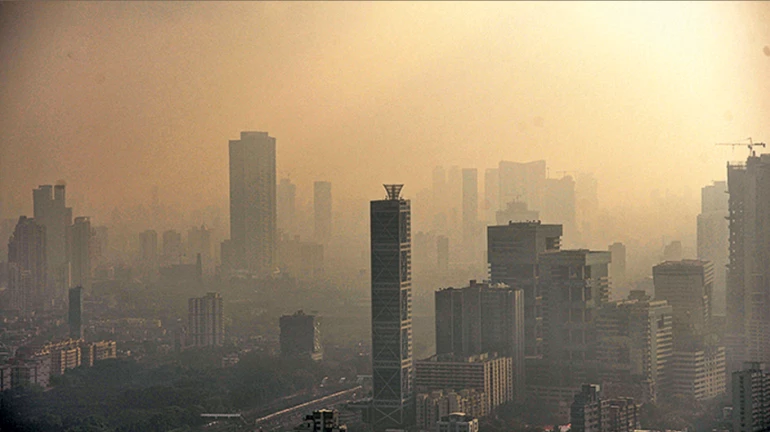
According to the latest report released by Greenpeace, an environmental group, there has been a 52 per cent spike in NO2 (nitrogen oxide ) in Mumbai’s air pollution in April this year as compared to the corresponding period last year.
The report titled ‘Behind the smokescreen’, released on Wednesday, July 7, states combustion processes, such as heating, power generation, and engines in vehicles and ships, are major sources of anthropogenic emissions of NO2.
NO2 can severely impact respiratory, circulatory and neurological systems in humans. With recent studies establishing a direct correlation between ambient air quality and the prevalence of severe COVID-19, the increase has elicited worry from experts.
While in April 2020, Mumbai was under complete lockdown, leading to a complete shutdown of vehicular movement and industries, except those categorised as essential, this year there was a partial lockdown in the city in April, which meant transportation services were allowed to function.
The report also claims that the general quantity of NO2 — a byproduct of fuel burning by motor vehicles, power generation and industrial activity — rose during this one month period in eight capital cities across India, also including Delhi, Bengaluru, Hyderabad, Chennai, Kolkata, Jaipur and Lucknow.
Delhi recorded the highest growth at 125 per cent followed by Chennai at 94 per cent, Bangalore at 90 per cent, Jaipur at 47 per cent, Kolkata at 11 per cent, Lucknow at 32 per cent and Hyderabad at 69 per cent.
Maharashtra’s Economic Survey, 2019-20, indicated that Mumbai’s vehicular population was 3.86 crore. In the following year, the number of vehicles rose by 2.7 per cent at 3.96 crore vehicles. The report also calculated the impact of weather on NO2 levels.
Motor vehicles, industries based on fossil fuels such as coal, oil, and gas, are the major drivers of NO2. Hence, it is necessary to curb the number of private vehicles, implement a less polluting transport system, boost public transport services, create better infrastructure for cycling, and expand pedestrian routes, said experts.





